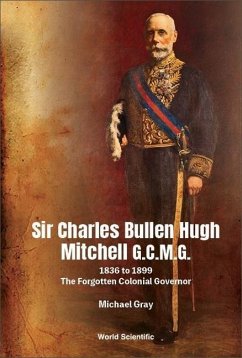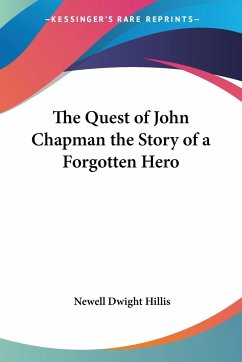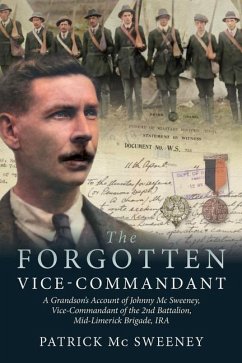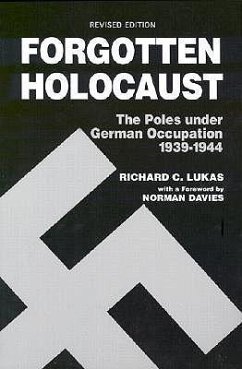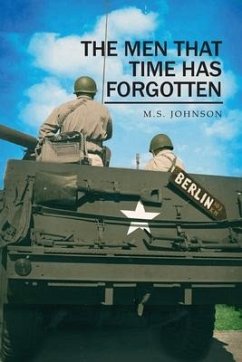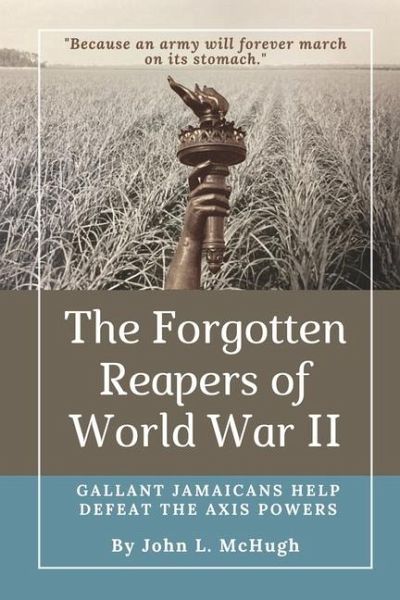
The Forgotten Reapers of World War II
Gallant Jamaicans Help Defeat the Axis Powers
Versandkostenfrei!
Versandfertig in über 4 Wochen
15,99 €
inkl. MwSt.

PAYBACK Punkte
8 °P sammeln!
From the indispensable onion fields of Elba, New York State, to the glittering orchard of "The Big Apple" - New York City, John McHugh's The Forgotten Reapers spotlights the invaluable role that he and his fellow Jamaican war workers played in saving the crops of World War II America and in maintaining necessary industry and commerce throughout America's cities. Crossing U-boat-infested waters, John and his fellow workers contributed more than just their backs and hands however, but contributed their boldness and sense of equity to American culture. And with the cry, "Boys, this is it! New Yor...
From the indispensable onion fields of Elba, New York State, to the glittering orchard of "The Big Apple" - New York City, John McHugh's The Forgotten Reapers spotlights the invaluable role that he and his fellow Jamaican war workers played in saving the crops of World War II America and in maintaining necessary industry and commerce throughout America's cities. Crossing U-boat-infested waters, John and his fellow workers contributed more than just their backs and hands however, but contributed their boldness and sense of equity to American culture. And with the cry, "Boys, this is it! New York City!", many hoped to experience the American Dream in The Big Apple. The author was able to fulfill this dream, when he finished out the war as a war worker in New York City. This memoir captures the work effort and the magic of America as seen from the war workers' perspective. It brings recognition that these workers are not to be seen as mere statistics in the logistics of fighting the war, but as invaluable contributors integral to Uncle Sam's winning the war.



